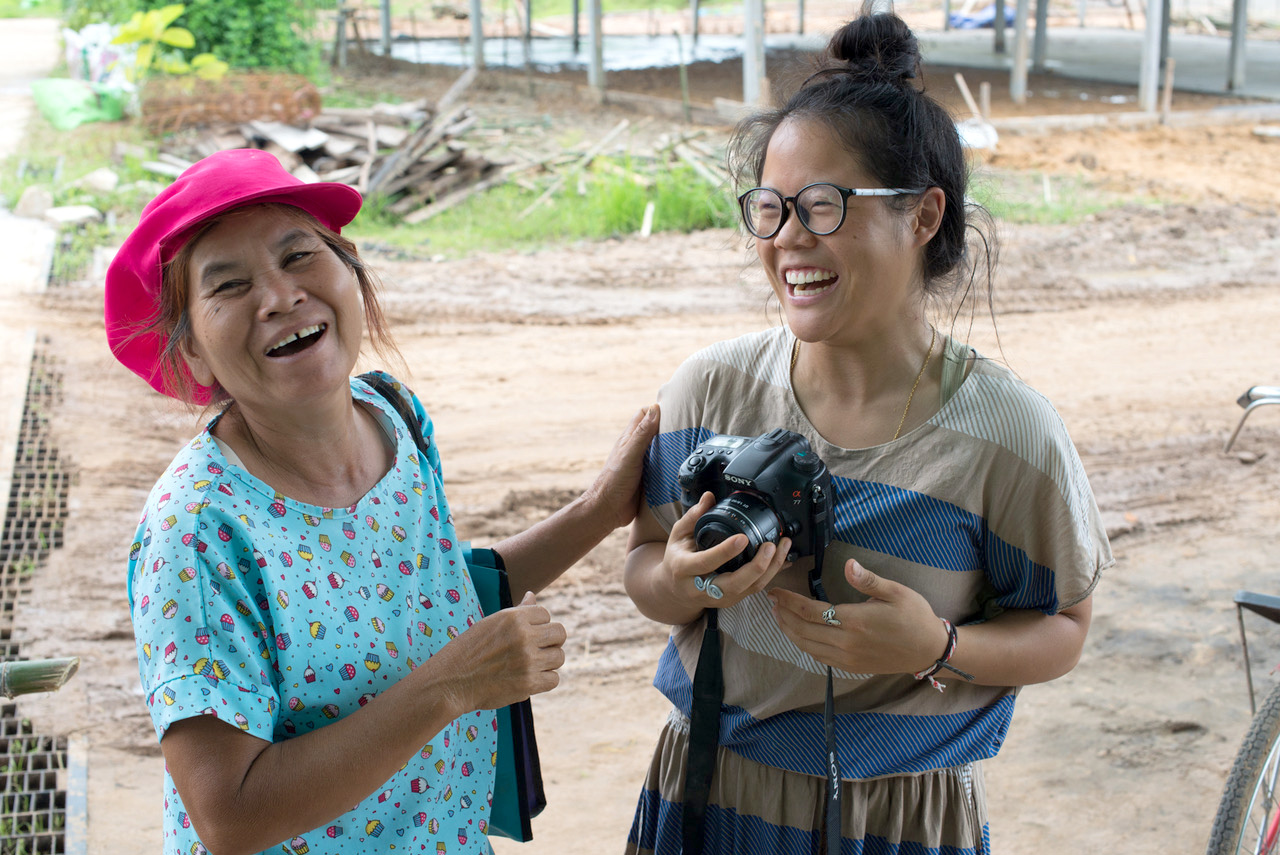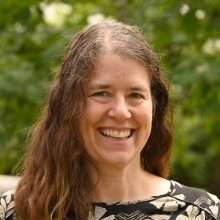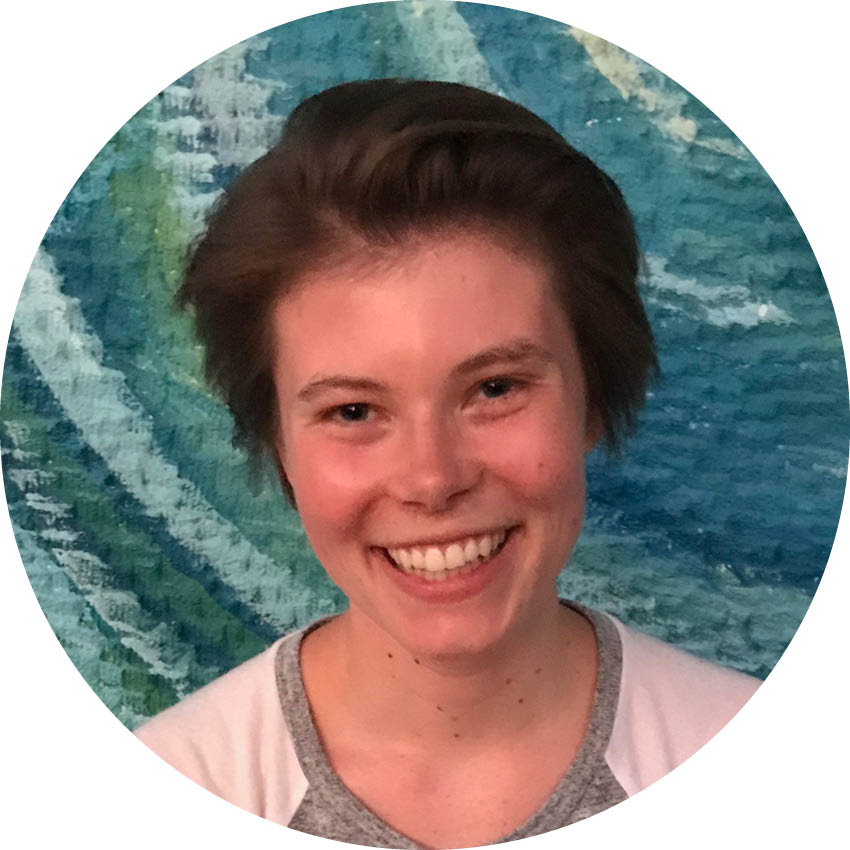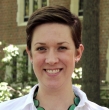Fellowships for the Social Sciences
Fellowships for the Social Sciences
Discover Funding Opportunities
A wide range of social sciences fellowships are open to students and graduates of any nationality. Explore the resources below to get started!
Office hours
Already reviewed the resources and ready to take the next step? Book a fellowships advising appointment or stop by pop-up advising hours (listed as events in Handshake) to meet with the Fellowships team!
8:30 am – 4:30pm
Green Hall 444

Post-Baccalaureate Planning

The words “post-baccalaureate” refer to what you will do after you’ve graduated from college. In the health professions world, it is often used to refer to how someone might improve her chances for admission to a health professions school.
Waiting to Apply to Health Profession Schools: Taking a Gap Year (Or More)

Trying to balance academics, clinical experiences, community service, research, other extracurricular activities, hobbies, and relationships? Not feeling ready to prepare for your standardized test for admission to health professions schools or to tackle the application process? Not absolutely sure of your career path? Have something you want to explore? Think about taking time (a “gap,” “bridge,” “opportunity,” or “glide” year or years) between completing your undergraduate education and entering health professions school.
Finding Summer Opportunities

Summers are a great time to explore interests. There are a vast number of opportunities to learn about and prepare for careers in the health professions.
Joint / Combined / Dual / Double Degree Programs (Health Professions)

Many universities and health professions schools now offer the opportunity to earn more than one degree in joint/combined/dual/double degree programs. Individual institutions use these terms in different ways, so read the descriptions and outcomes on individual websites carefully as you compare programs. Work closely with your advisors, mentors, and faculty to decide if a dual degree program is necessary to meet your career goals.
Gaining Research Experience for Health Professions Schools

Got a question you want to try to answer, or an idea to explore? Having a research experience can teach you skills of academic inquiry beyond what you can learn in the classroom. It is an opportunity to be curious, inventive, and creative. It will allow you to engage in a particular subject in great detail. If you enjoy the experience, you may want to consider making research a part of your career planning.
Gaining Service Experience for Health Profession Schools

Becoming a health professional requires a true dedication to serving others. Often health professionals are asked to put the needs of their patients ahead of their own. Health professions schools want to see that applicants care enough for others that they are willing to volunteer their time to help them. They will be interested in seeing evidence of your service to your community since high school.






